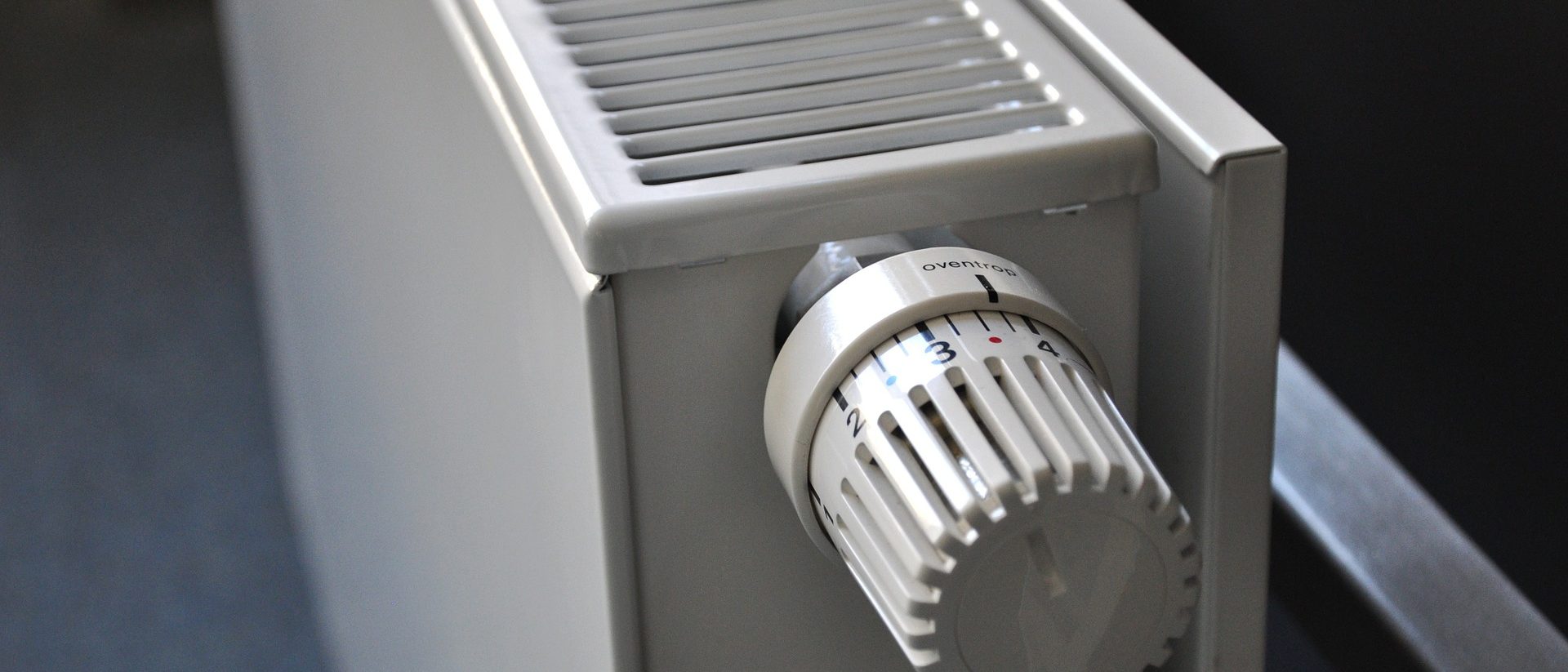- REA welcomes the publication of ‘Decarbonising Heat in Homes’ report by the Commons’ Business, Energy and Industrial Strategy Committee;
- Agrees with report’s finding that much more needs to be done to deliver the decarbonisation of heat in our homes;
- However, a range of available renewable heating technologies should have been considered to decarbonise off-grid homes and the gas grid.
The Association for Renewable Energy and Clean Technology (REA) has welcomed the publication of a report by the Commons’ Business, Energy and Industrial Strategy Committee on Decarbonising Heat in Homes, agreeing that much more needs to be done to deliver the decarbonisation of heat in our homes
The REA supports the Committee’s calls to address this by calling for a heat decarbonisation sector deal, focusing on upskilling the heating sector, and increasing consumer awareness around decarbonising their home’s heating.
Last year, the Government announced the Heat and Buildings Strategy, with reducing the reliance on fossil fuels and boilers to heat buildings cited as one of its key aims. The Select Committee found the strategy “lacked clear direction” on the issue, and that current policies were inadequate to the scale of the problem.
The REA agreed with the Committee’s recognition that there is no ‘silver bullet’ solution or ‘one size fits all’ approach to decarbonise domestic heating. However, the report did not adequately consider the range of renewable heating technologies available – there will be situations where low carbon bioenergy solutions, such as biomass, biopropane and other biofuels will be more appropriate. There was also no recognition of the role of green gases such as biomethane to decarbonise the gas grid in the transition to Net Zero.
The REA says the Committee now must also consider the non-domestic, business and commercial sector, where there are also major policy gaps that need to be addressed when it comes to heat decarbonisation.
Kiara Zennaro, Head of Heat and Green Gas Lead at the Association for Renewable Energy and Clean Technology (REA), said:
“The REA welcomes the publication of this report by the BEIS Select Committee and strongly agrees with its finding that much more needs to be done to deliver the decarbonisation of heat in our homes. We support the Committee’s calls to address this including a heat decarbonisation sector deal, focusing on upskilling the heating sector, and increasing consumer awareness around decarbonising their home’s heating.
“However, while the REA welcomes the recognition that there is no ‘one size fits all’ approach for decarbonising domestic heating, the report does not adequately consider the range of renewable heating technologies available to us. As such, the committee is wrong to state that electrification is the only option in off-gas grid properties. For example, to decarbonise off-grid homes it will also be appropriate to consider utilising biomass, biopropane and other biofuels, ensuring the right technology for the right situation. The report also fails to consider how green gases, such as biomethane, can be used to decarbonise our gas grid.
“The Committee must also now consider the non-domestic, business and commercial sector, where there are also major policy gaps in heat decarbonisation.”
—ENDS—
For more information or to request an interview, please contact:
Jack Abbott, PR and Communications Manager,
07862 038370/ [email protected]
Notes to editors
Link to report:
https://publications.parliament.uk/pa/cm5802/cmselect/cmbeis/1038/report.html
About the Association for Renewable Energy and Clean Technology (REA): The Association for Renewable Energy and Clean Technology (known as the REA) is the UK’s largest trade association for renewable energy and clean technologies with around 550 members operating across heat, transport, power and the circular economy. The REA is a not-for-profit organisation representing fourteen sectors, ranging from biogas and renewable fuels to solar and electric vehicle charging. Membership ranges from major multinationals to sole traders. For more information, visit: www.r-e-a.net

